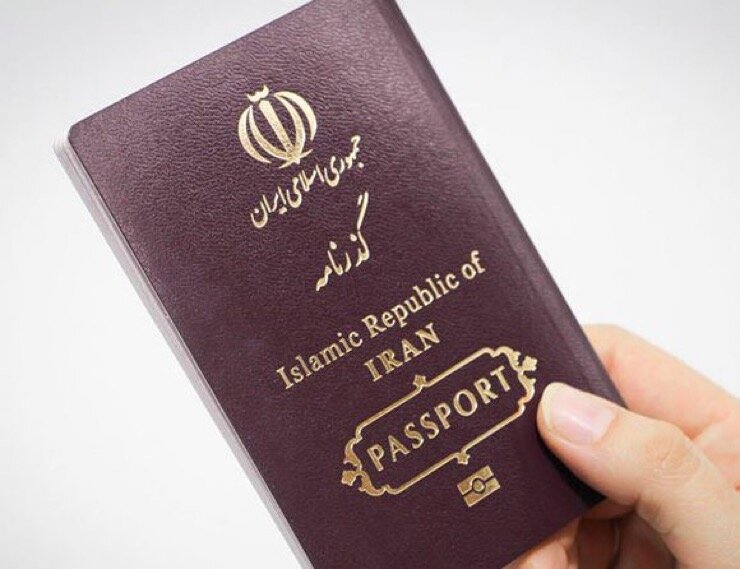Could COVID-19 immunity passports help life return to normal?

TEHRAN – The idea of immunity passports is rising worldwide to swiftly recognize who has been immunized and who has not. Some are calling the concept a ‘COVID-19 passport’.
For tourism insiders, this idea could led the battered travel industry to the rebound once again. Restaurants, theaters and offices could reopen with confidence by admitting those certified as vaccinated, and international travel could resume.
As the vaccinated population surges, normal life could gradually start again. This way, individuals could stop wearing face masks and following social-distancing rules if they can prove they have been inoculated and so aren’t a risk to others.
The idea is that once the vaccine is widely available, the passport would be issued to people who have been vaccinated to let them move more freely, both locally and globally, by allowing access to indoor restaurants, movie theaters, and international travel.
The International Air Transport Association (IATA), an airline trade association that represents 290 airlines worldwide, said on November 23 that it was in the final stages of developing a digital vaccine passport for travelers. The IATA Travel Pass will let travelers share their vaccination status and COVID-19 test results with airlines and border authorities, via a contactless passport app.
However, scientists and public-health experts caution, though, that it is too soon to know whether the vaccines being raced into production will confer true and lasting immunity to infection. Nor is it clear if they will be as effective at preventing transmission as they were at reducing the severity of illness in trials.
The World Health Organization has already questioned the reliability of a so-called COVID passport since medical officials still don't know how long vaccine immunity will last.
The COVID passports will also, theoretically, be used for access to workshops, exhibits, concerts, sporting events, and other large gatherings.
Last month, Iran’s National Headquarters for Coronavirus Control issued a directive, based on which corona tests would be mandatory upon entry and exit for passengers during air, land, and sea travels.
Over the past couple of months, many countries, including Iran, have imposed travel restrictions to help curb the spread of novel coronavirus. In this line, flights have been suspended and road and sea travels restricted to a great extent.
Iranian Health Minister Saeed Namaki has expressed hope that the country will introduce the home-grown COVID-19 vaccine by the end of the current Iranian calendar year (March 19, 2021).
AFM/
Leave a Comment